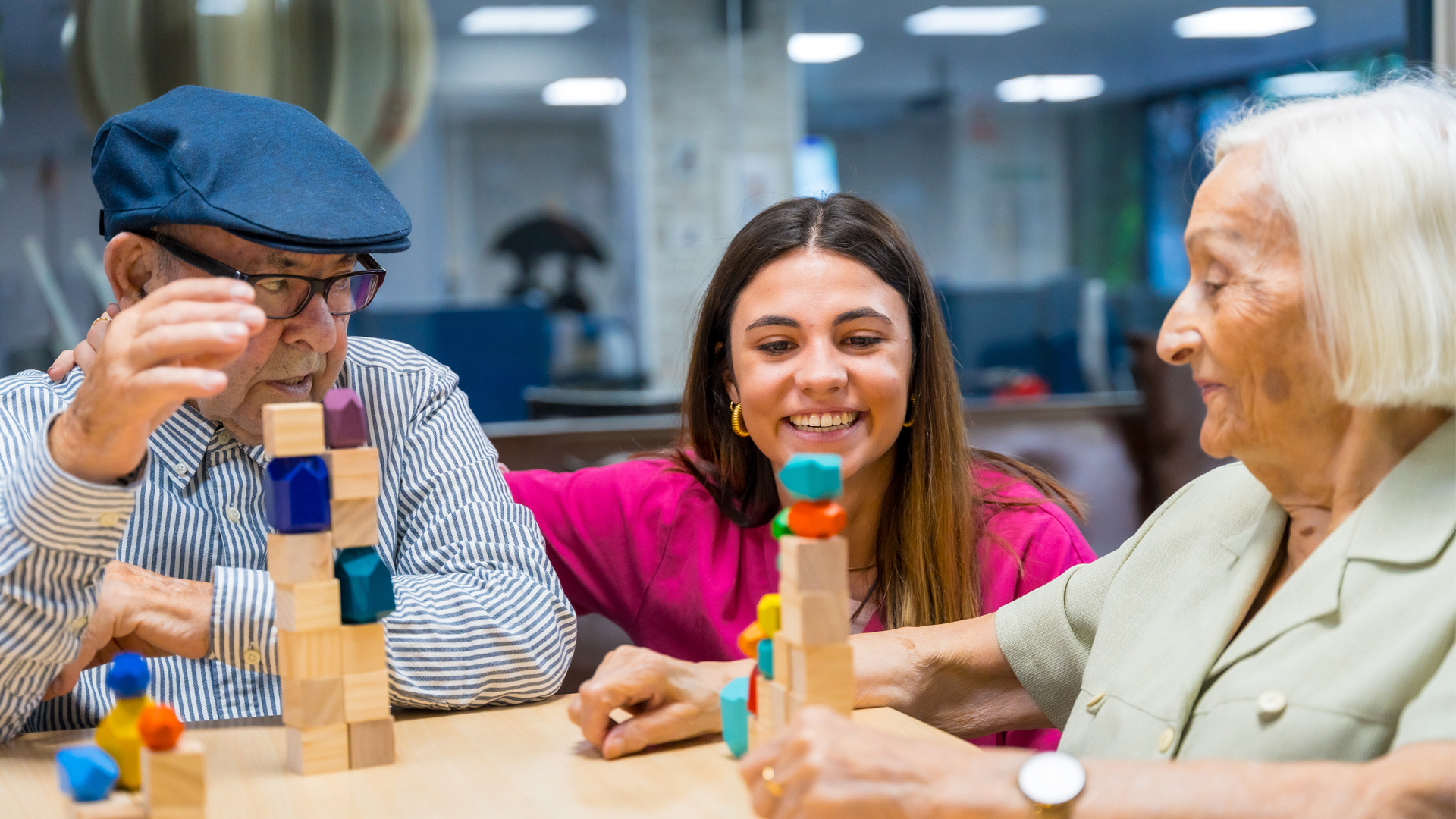Dementia is not a single illness – it’s an umbrella term for a broad range of medical conditions, including Alzheimer’s. The brain changes that cause dementia trigger a noticeable cognitive decline that’s severe enough to impair behavior and daily life. As dementia progresses, it becomes increasingly difficult for the person to function independently.
The 3 Stages of Dementia
Health professionals have identified three dementia stages – early, middle, and late. Dementia affects everyone differently, and the stages can overlap. The brain damage associated with this illness tends to spread more quickly if the person is living with other conditions, such as heart disease, diabetes, or high blood pressure.
There is no way to be sure how quickly someone’s dementia will worsen. Some people with dementia will need support shortly after their diagnosis. In contrast, others may be able to stay independent for several years.
Dementia Is Progressive
Alzheimer’s disease accounts for 60 to 80% of dementia cases. Vascular dementia, which results from blood vessel blockage and weak circulation in the brain, is the second most common. It’s also possible to have mixed dementia, which is when someone simultaneously experiences more than one kind of dementia.
Early-stage dementia may be relatively mild and become increasingly severe with time. Since conditions such as thyroid problems and vitamin deficiencies can mimic dementia, it’s essential to get an accurate diagnosis at the first warning signs. Though there is no cure for dementia, treatments and medications can slow its progression.
How to Help a Loved One With Dementia
Millions of people in the U.S. take care of a friend or family member with dementia. With Alzheimer’s and related conditions, people experience difficulties with thinking, remembering, and reasoning in a way that affects daily activities.
As their condition advances, your loved one will need more help with everyday tasks like cooking, showering, and getting dressed. They may be agitated, upset, or embarrassed to need help with such personal things. Here are a few tips and suggestions you can use in the early, middle, and late stages of dementia.
- Try to keep a consistent daily routine, such as bathing, eating, and doing hobbies at the same times every day. Be patient and give them plenty of time to do things.
- Help them write to-do lists and reminders in a notebook or calendar.
- Allow your loved one to remain independent for as long as possible. Don’t try to take over tasks they are capable of doing themselves.
- Buy loose-fitting, comfortable clothes without any laces, buttons, or buckles.
- If your loved one is unsteady and prone to falls, evaluate their home to remove potential hazards such as uneven floors.
Planning for Your Family’s Future
For many families, caring for a loved one with dementia is the role of many people who share responsibilities. It is natural to wonder which stage of dementia your loved one is in or what the future holds. However, it is more important to focus on what they need to live well in the present moment. Because dementia is different for everyone, your family deserves a care plan that evolves to provide the necessary support at every stage.
At Legacy Homecare LA, we know it can be stressful to make health decisions for someone who can no longer do so. Our compassionate caregivers provide personalized services to meet your loved one’s needs. In the earliest stages of dementia, your loved one’s caregiver will become a trusted friend who allows them to remain in the comfort and familiarity of their home. As their illness advances, our dementia experts will smoothly adapt to your loved one’s changing needs, offering additional support as necessary. Reach out to us today to request more information.






